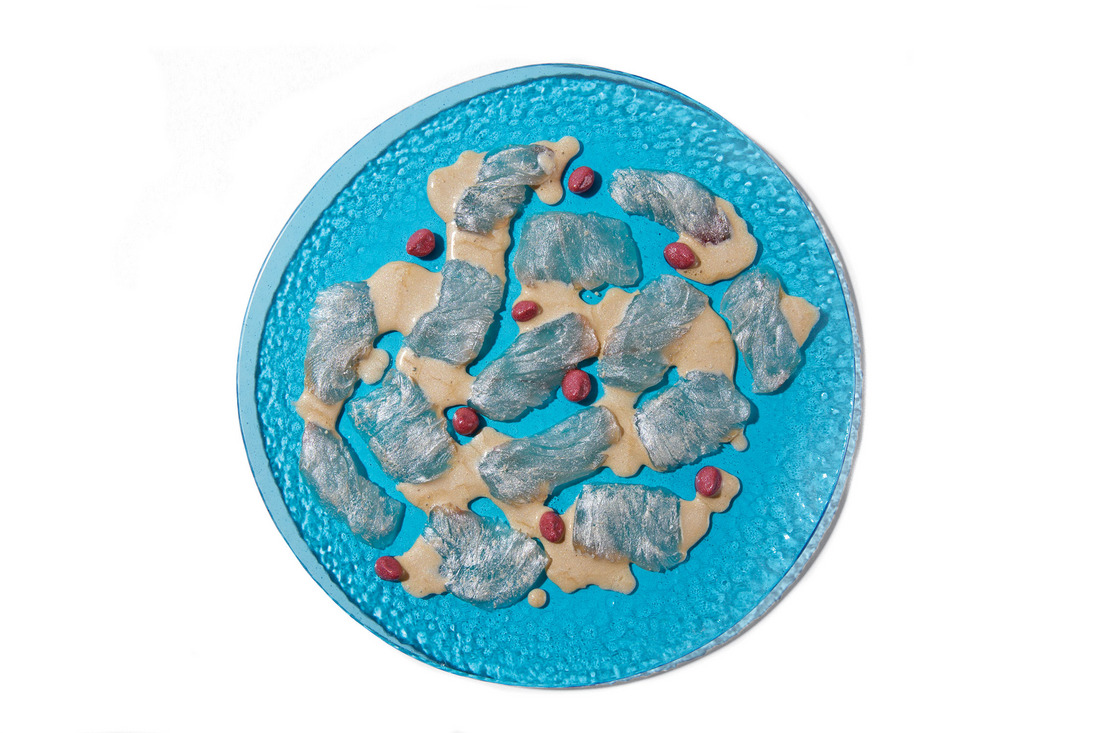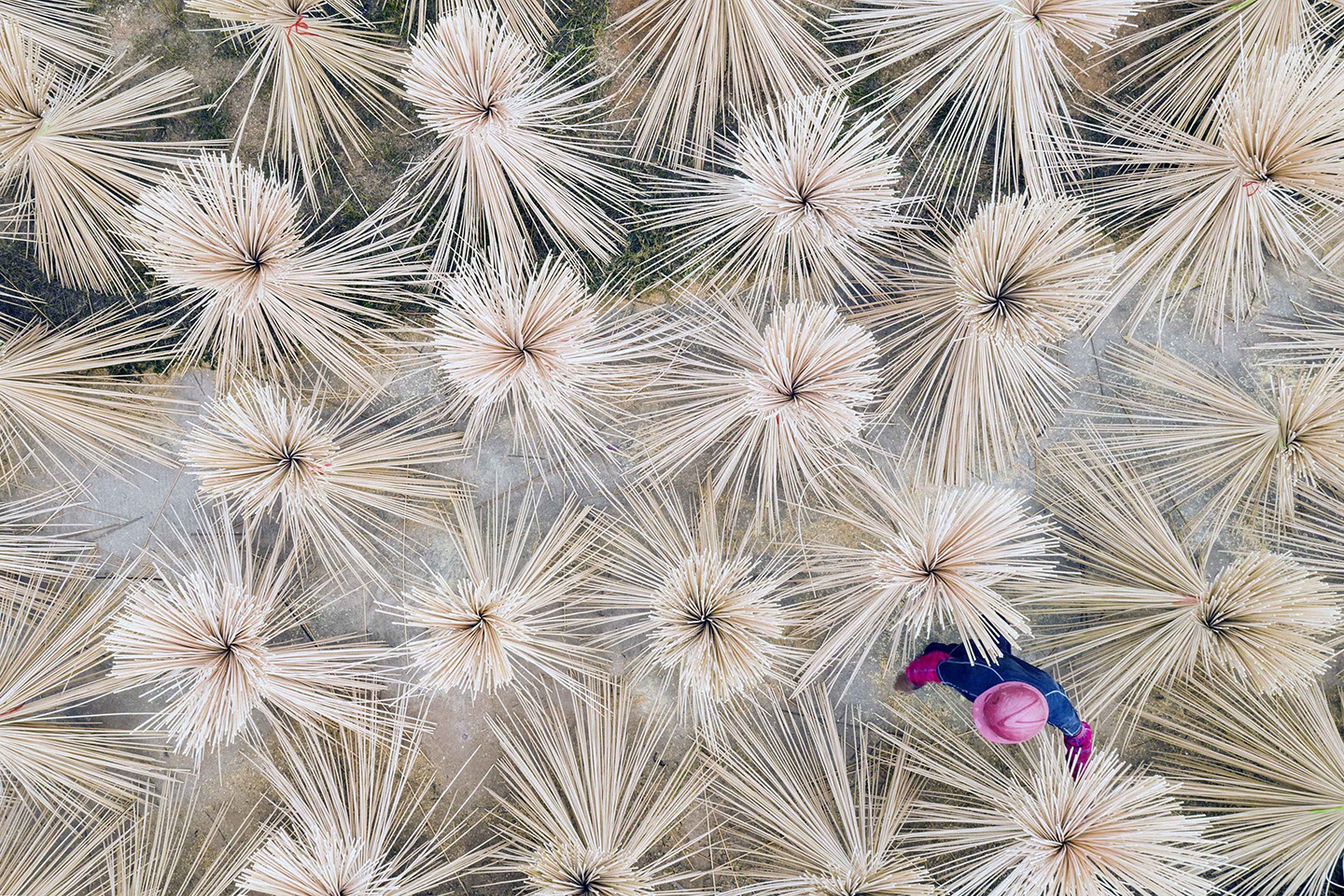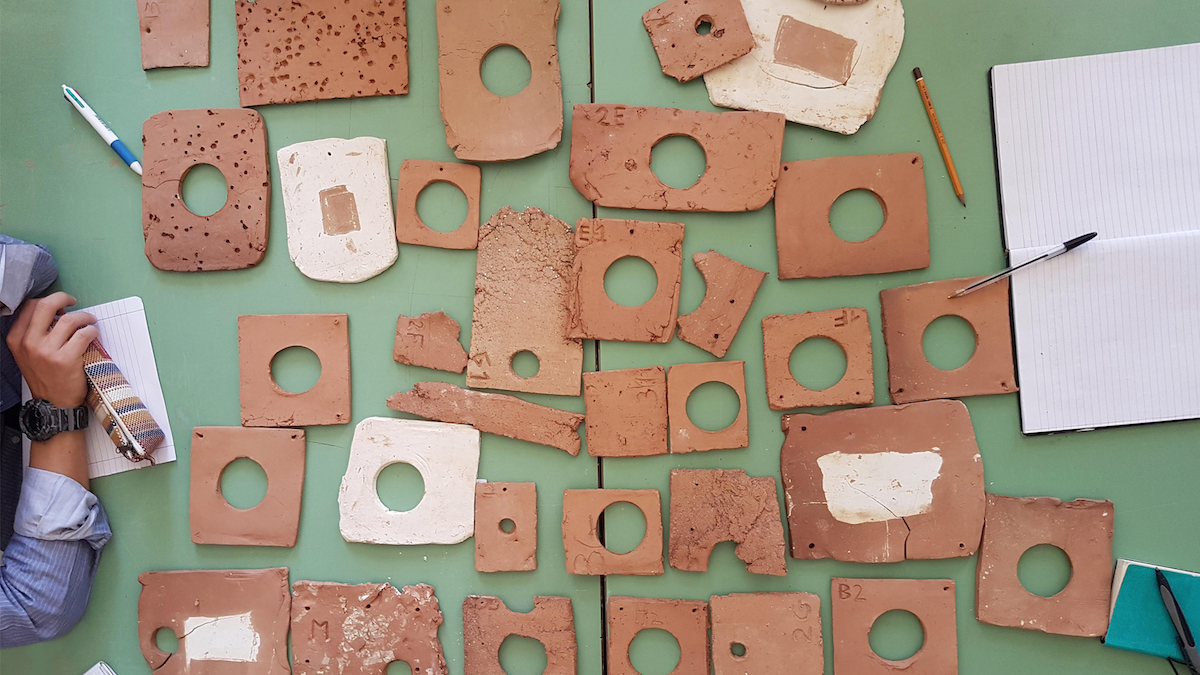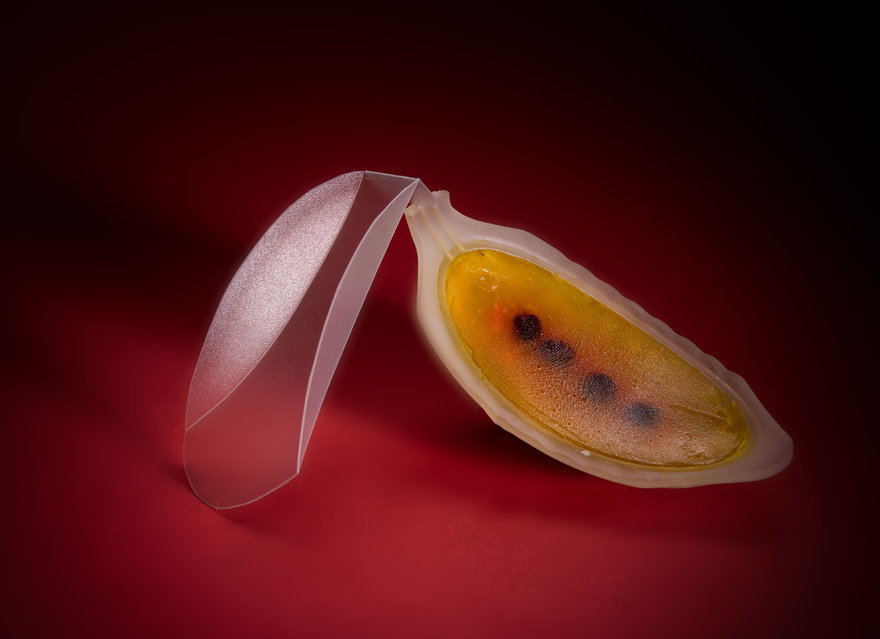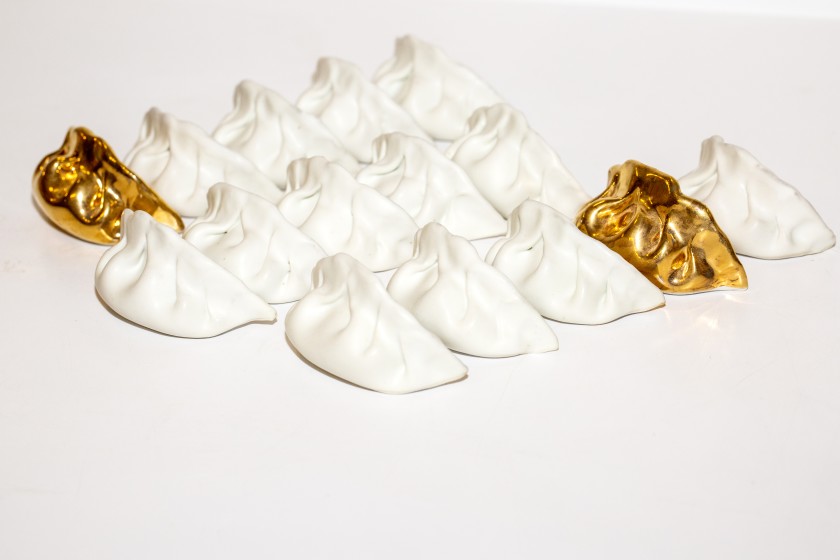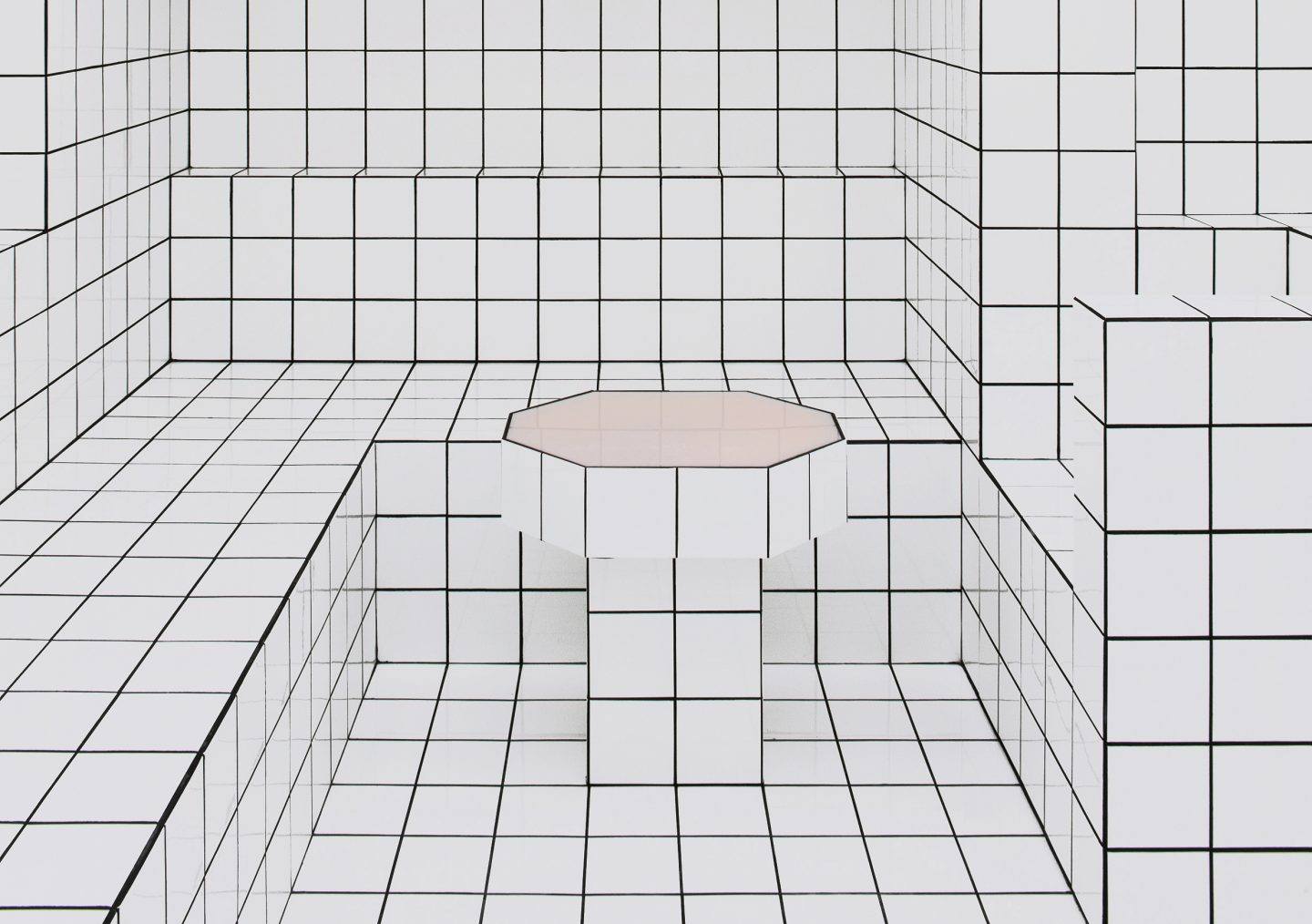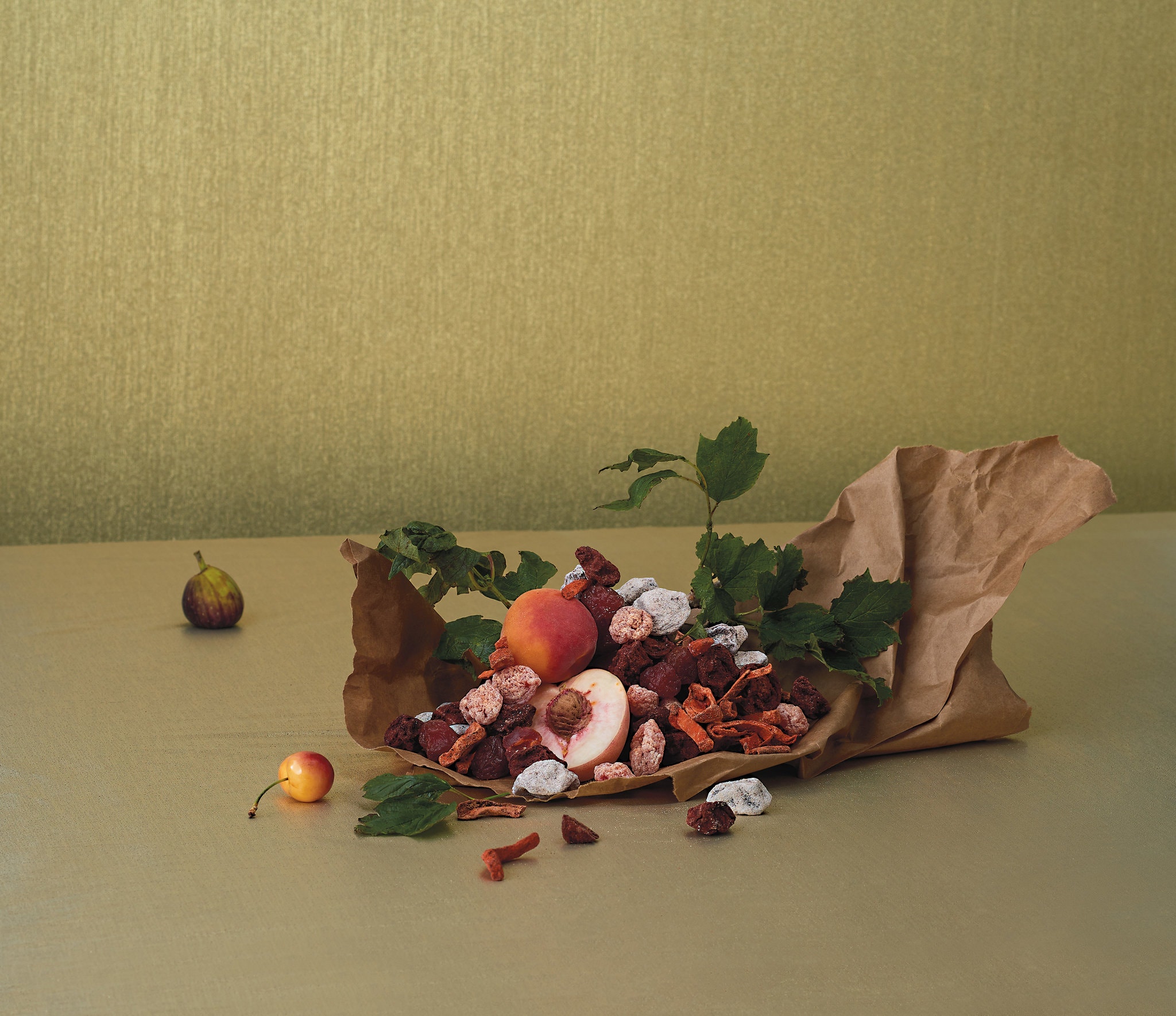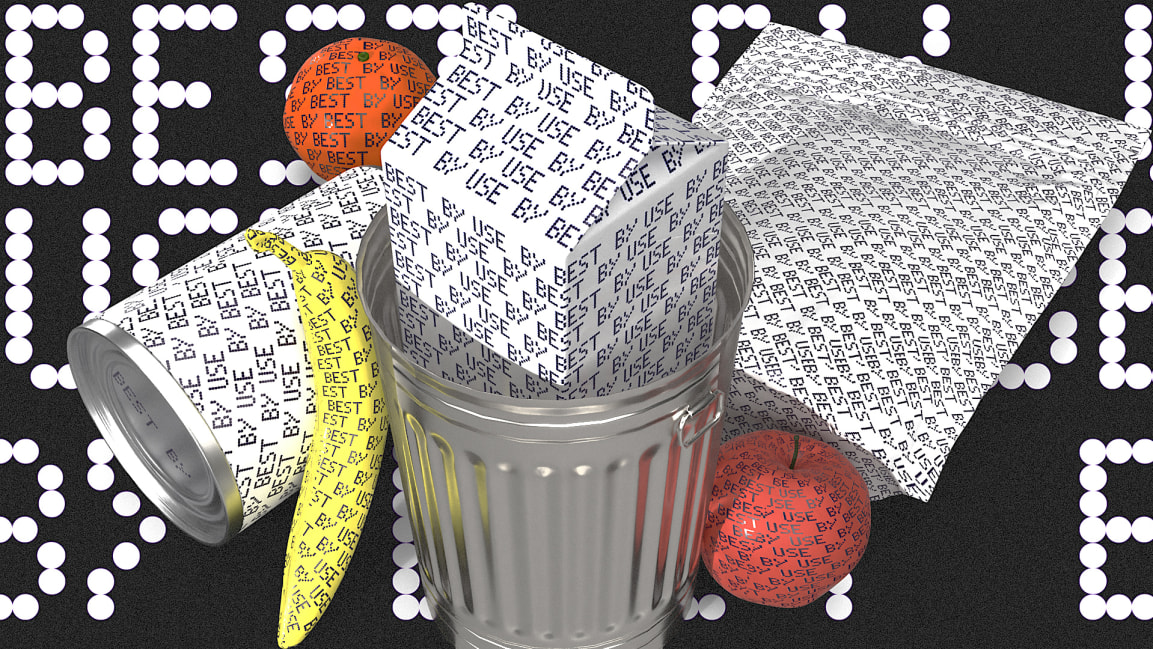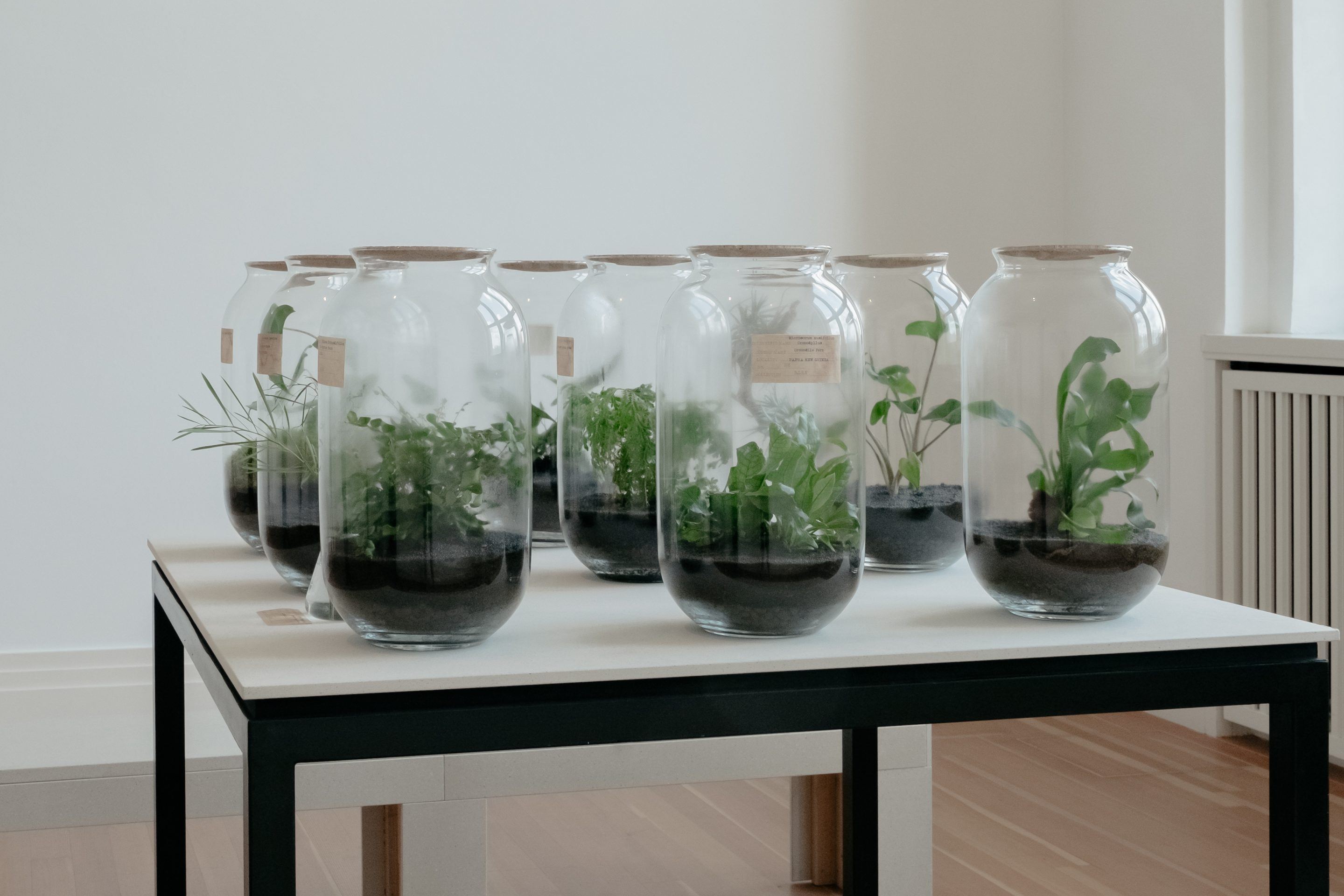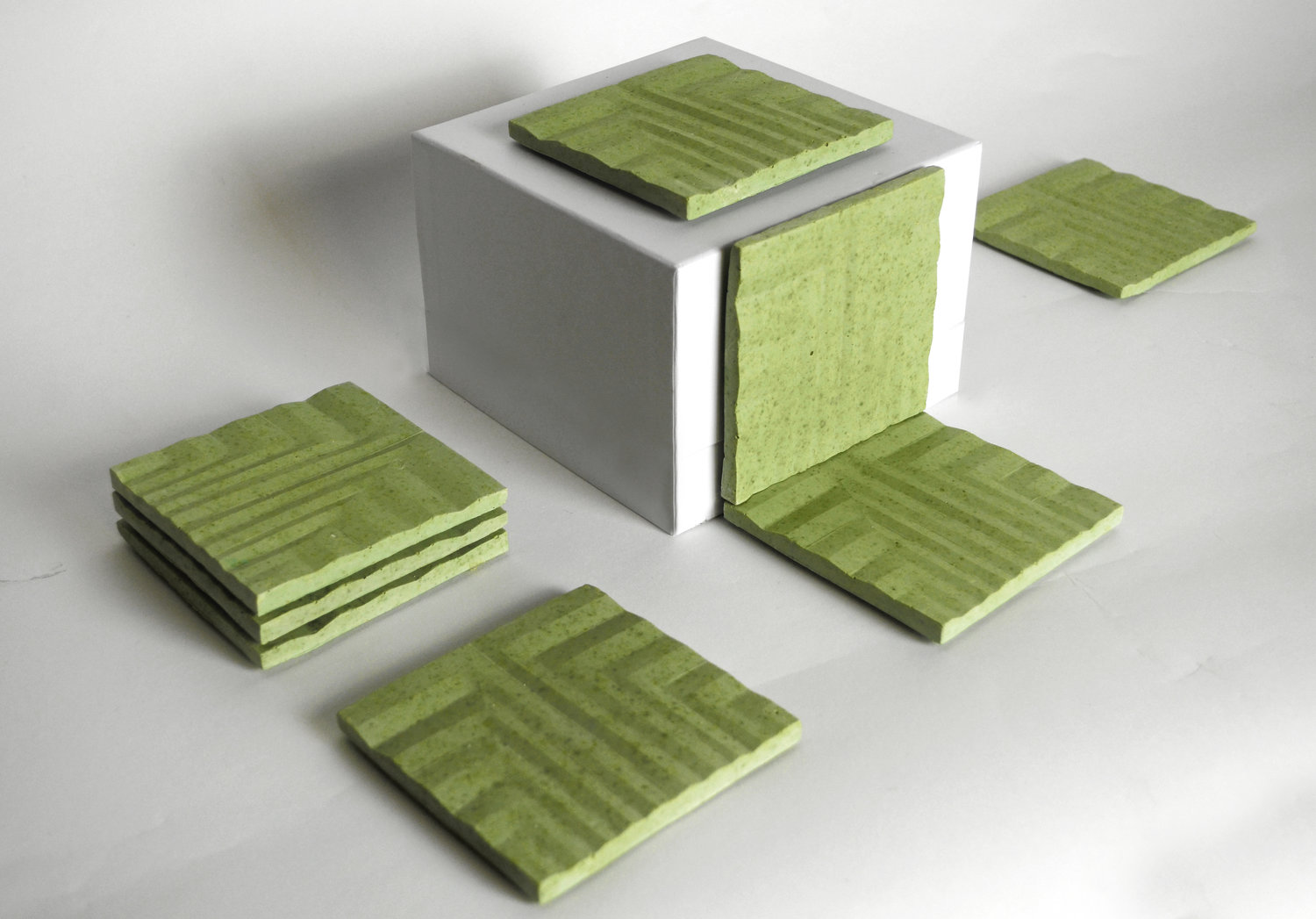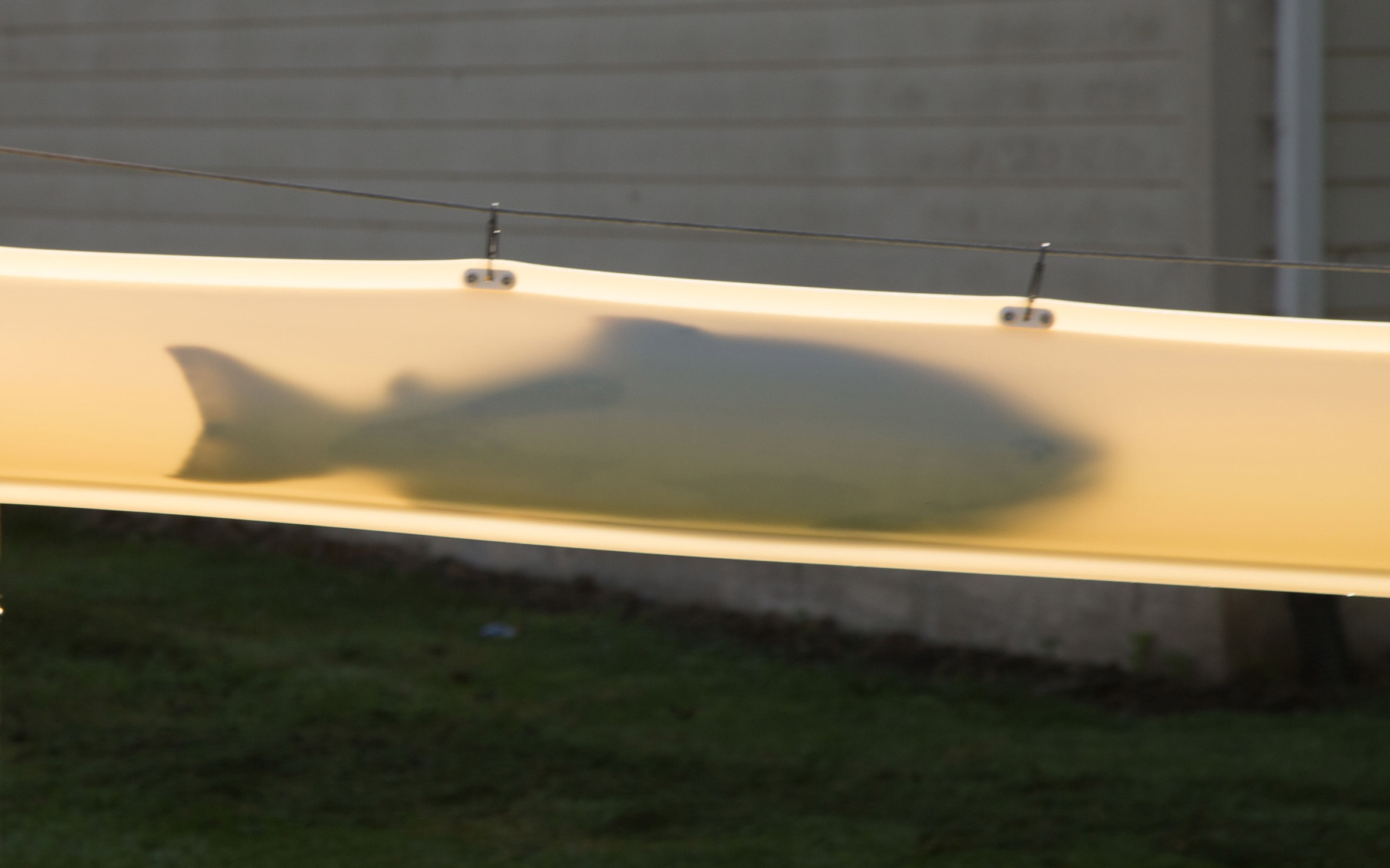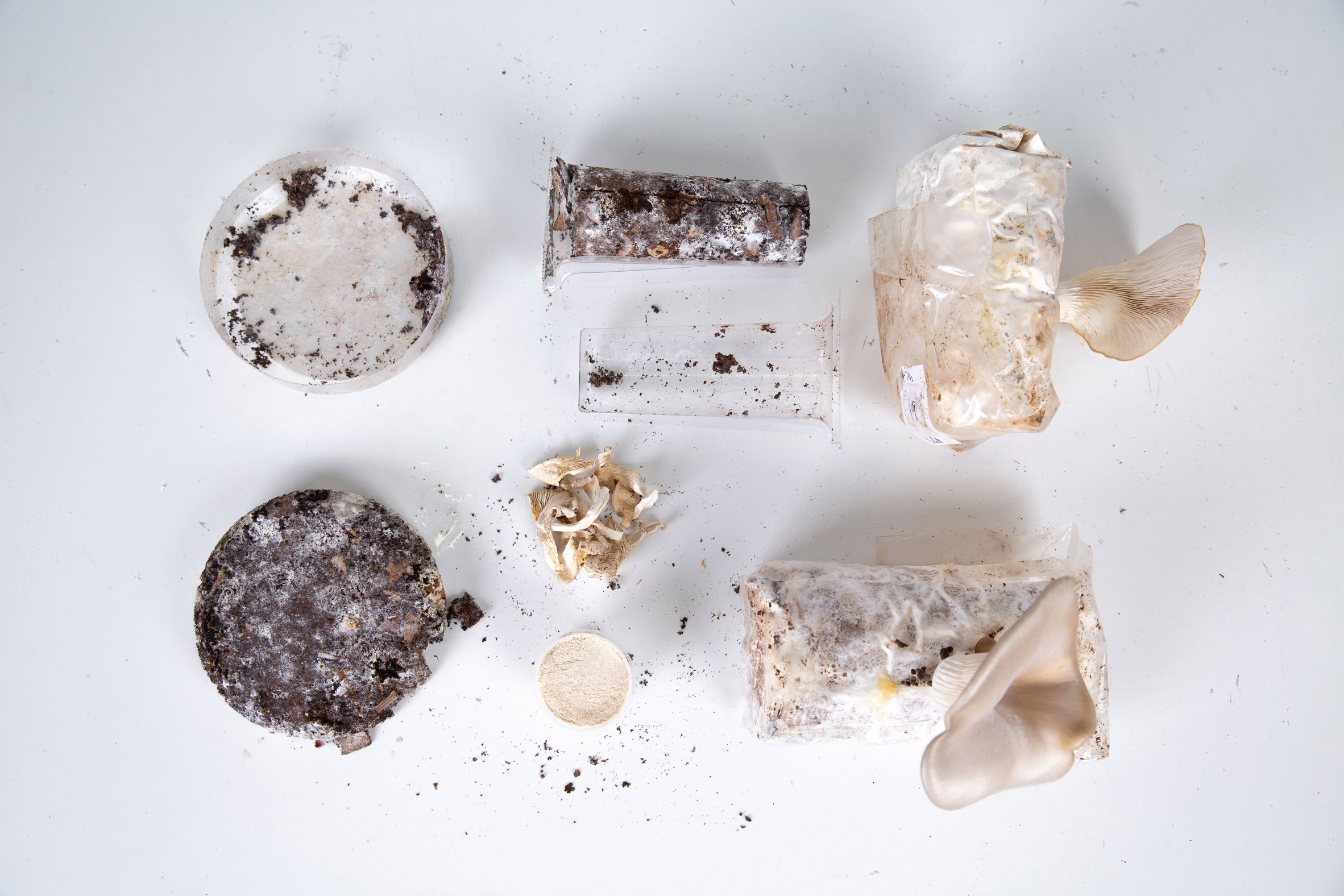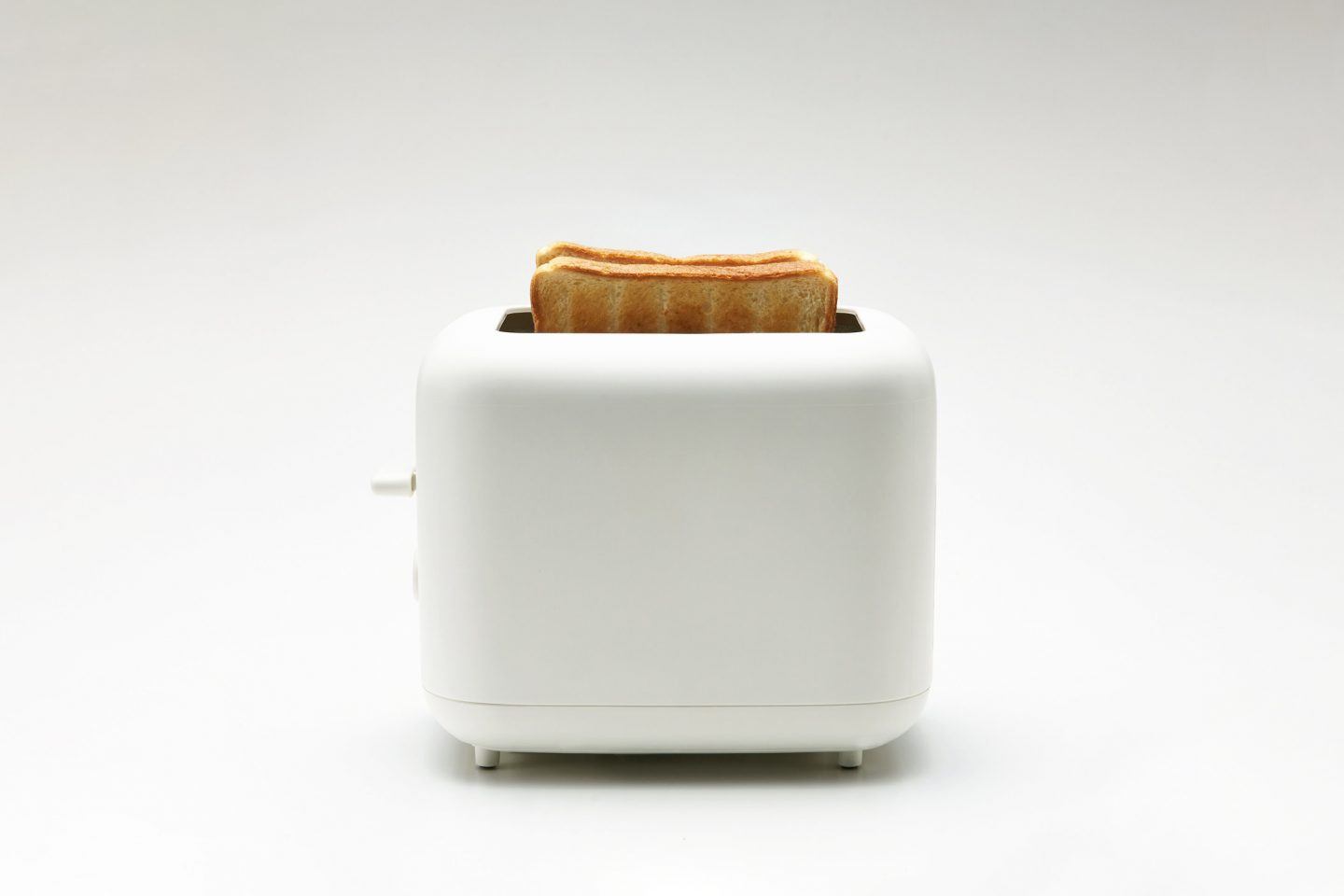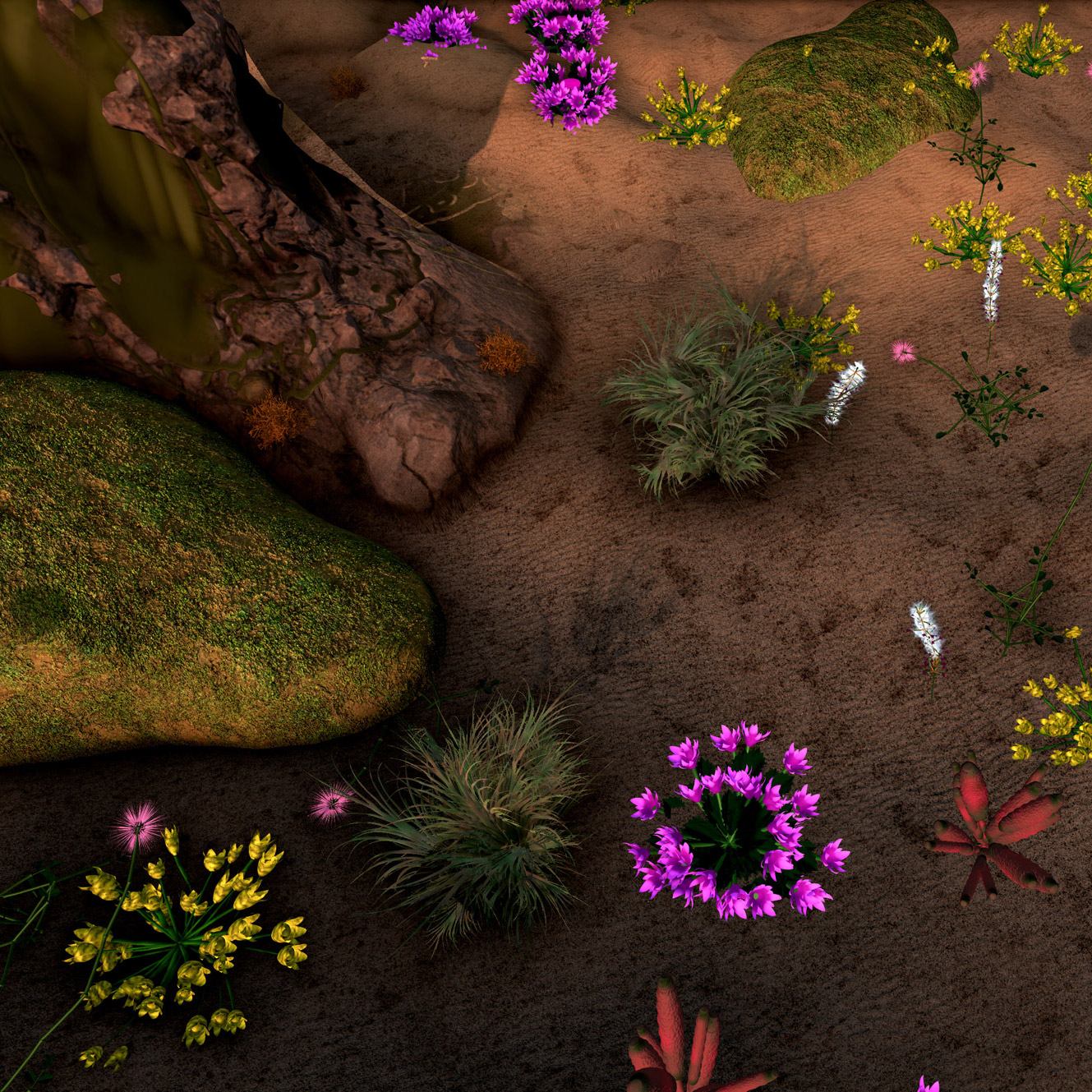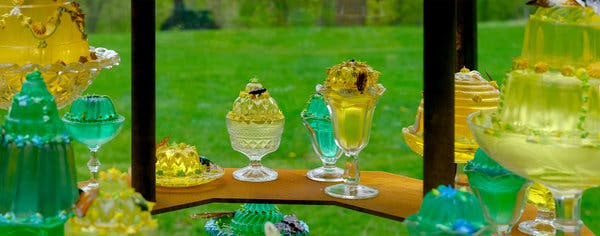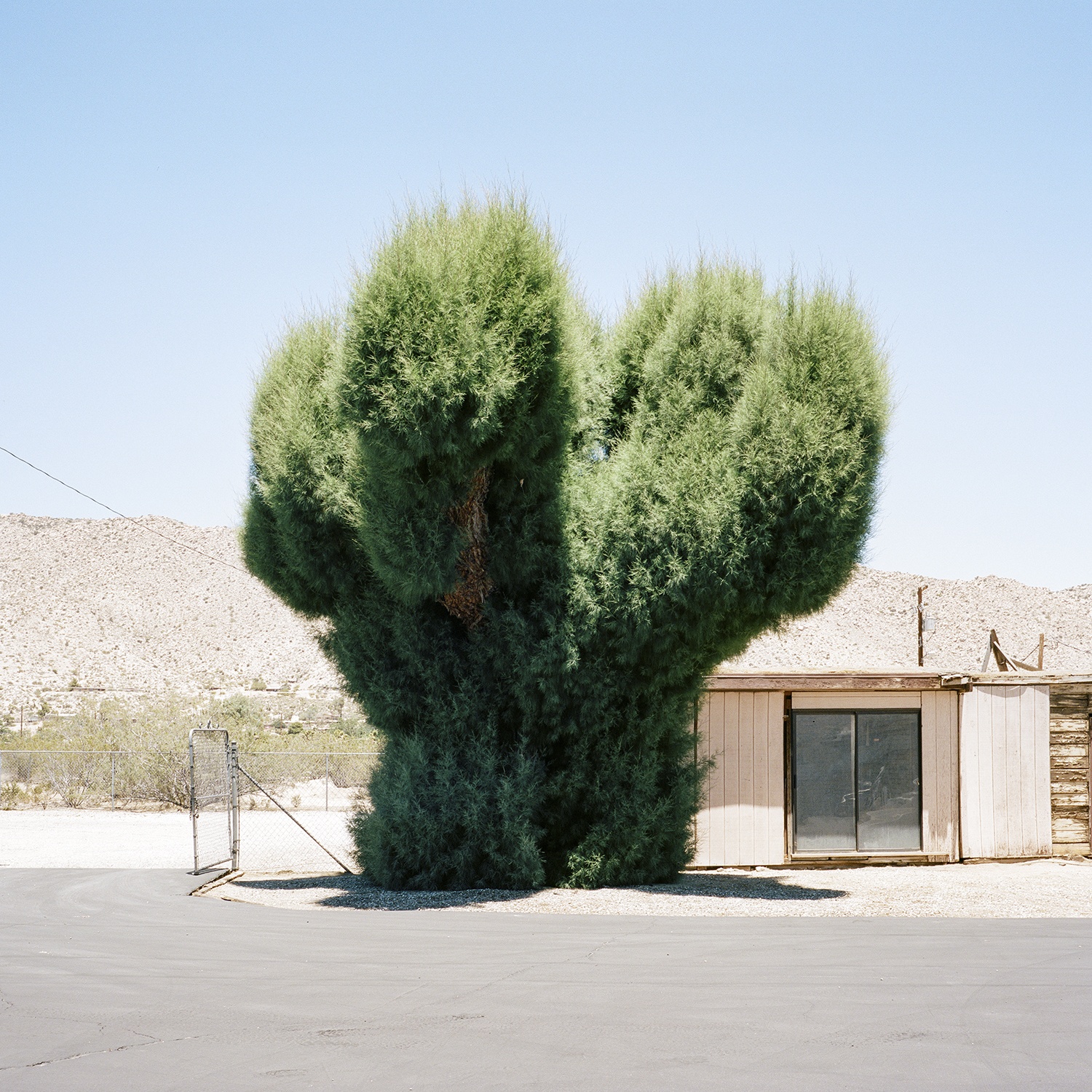Our weekly serving of off-the-menu items – a few popular favorites from the week, as well as a few morsels that may have slipped your notice.
 Photo courtesy of the University of Borås.
Photo courtesy of the University of Borås.
Researchers at the University of Borås in Sweden have discovered a unique way to reuse old bread, transforming it into textiles. Their production process works with any kind of bread, taking loaves and placing them in a bioreactor, where they’re used to grow fungi. The fibrous walls of the fungal cells are then spun into textiles, while the proteins of the fungi can be used to make animal feed.
These eco-conscious COFFIRE light fixtures get their distinct coloring and patterns from used coffee grounds. The chemical reaction caused by firing ceramics with coffee grounds at a low temperature produces pink and brown designs, mimicking the appearance and texture of marble.
LettUs Grow’s aeroponic farming system not only increases plant growth rates by 70%, but also avoids the inefficiency of other aeroponic platforms. By growing crops with their roots hanging in a fine mist filled with nutrients, aeroponics allows root systems to grow uninhibited, speeding up their development. LettUs Grow improves further on other aeroponic systems by replacing the nozzles that provide water and nutrients for the plants; these nozzles often become clogged or break, preventing aeroponics from being used to produce crops on a wider scale.
Adrienne Adar’s interactive installation at the Brooklyn Botanical Gardens encourages visitors to engage with plants through multisensory connections. With handmade sensors, individuals can listen to amplified plant sounds or feel subtle vibrations. This project helps participants interact with and understand plants in a new way, hopefully changing the way they think about ecology and sustainability.
The new unisex, vegan-friendly sneakers designed by Native Shoes are completely biodegradable, and created only from plant-based elements. The shoes are constructed from a variety of natural materials, including eucalyptus, olive oil and pineapple husks. Once a pair of the sneakers is worn out, it can be composted just like any other plant waste.




